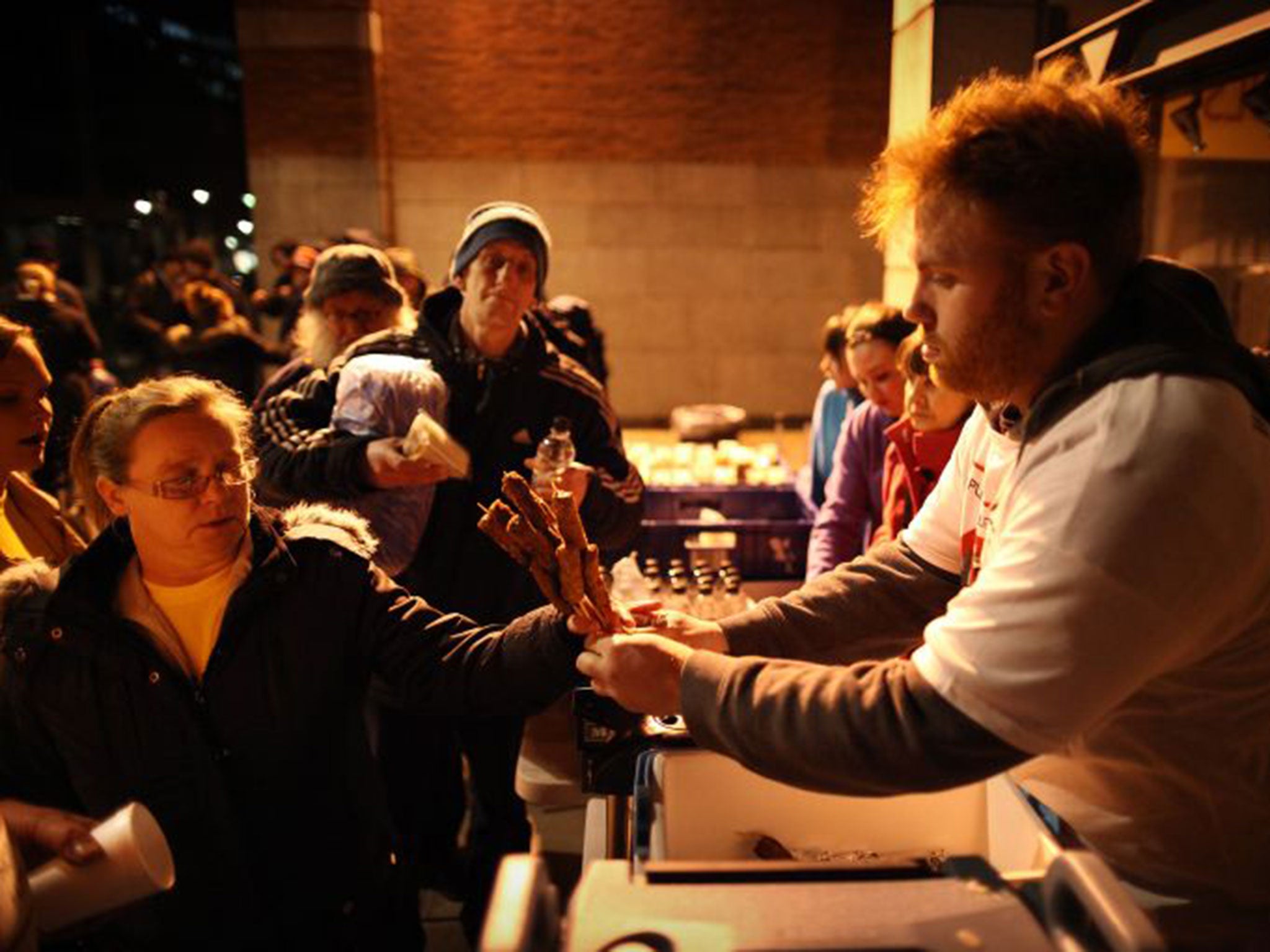The Government has the power to help rough sleepers
Street homelessness is a visible signal of a broken housing market with much wider ramifications

A decade ago, rough sleeping had been almost eliminated from Britain’s streets. The concerted efforts of government and local authorities, combined with preventative work, had paid off. Just 10 years later, the picture is bleak.
Government figures reveal the extent of this rapidly growing social problem: the number of rough sleepers has doubled in the past five years to 3,569, and last year saw the biggest single-year increase since records began. That is despite the efforts of schemes such as Boris Johnson’s “no second night out”, a project to help the homeless into secure accommodation as quickly as possible.
It’s a risible record. It cannot be a coincidence that these figures come at the same time as cuts to housing benefit, spiralling house prices and a significant lack of investment in social housing.
Street homelessness is a visible signal of a broken housing market with much wider ramifications. More and more people are priced out of owning a home, the social housing sector is shrinking while private tenancies are booming. The most common cause of homelessness is now the end of a private tenancy.
A study carried out by the homelessness charity Crisis found that 55 per cent of landlords are entirely unwilling to take tenants who are claiming housing benefit, and two-thirds said the reform of the welfare system had made them more reluctant to offer their properties to house homeless people. As well as a rise in the number of street homeless, there are thousands more homeless people hidden from the public gaze in B&Bs and temporary accommodation, often unregulated and of poor quality.
The crisis could be resolved, as the progress made a decade ago proves, but that would require listening to the very experts the Government has appeared deaf to.


Join our commenting forum
Join thought-provoking conversations, follow other Independent readers and see their replies